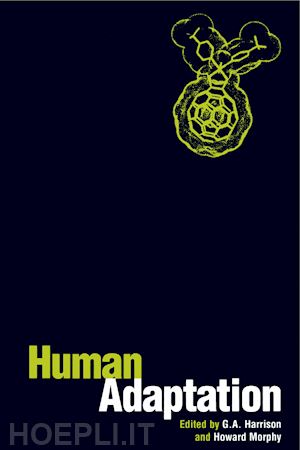One of the problems facing Europe is that the building of institutional Europe and top-down efforts to get Europeans to imagine their common identity do not necessarily result in political and cultural unity. Anthropologists have been slow to consider the difficulties presented by the expansion of the EU model and its implications for Europe in the 21st Century. Representing a new trend in European anthropology, this book examines how people adjust to their different experiences of the new Europe. The role of culture, religion, and ideology, as well as insiders' social and professional practices, are all shown to shed light on the cultural logic sustaining the institutions and policies of the European Union.
On the one hand, the activities of the European institutions in Brussels illustrate how people of many different nationalities, languages and cultures can live and work together. On the other hand, the interests of many people at the local, regional and national levels are not the same as the Eurocrats'. Contributors explore the issues of unity and diversity in 'Europe-building' through various European institutions, images, and programmes, and their effects on a variety of definitions of identity in such locales as France, Denmark, the United Kingdom, Ireland and Belgium.
Adopting an anthropological approach, this book explores the quest to construct a sense of common identity at institutional level in the European Union (EU), and is particularly useful in identifying current research on the EU as project and object. The introductory essay by Irene Bellier and Thomas M. Wilson laments the marginalization of culture and identity in the EU and offers a useful overview ofdifferent approaches to the anthropology of Europe from American, British and French traditions. It examines the complexity of the concept of EU, which can refer to member states but also to a wider social system. Although Europe is currently in the process of defining and expa












